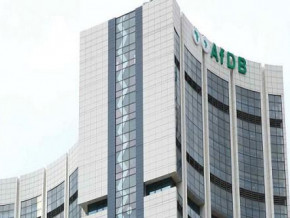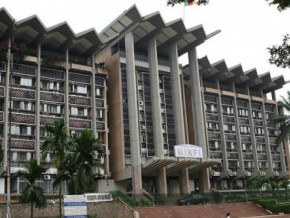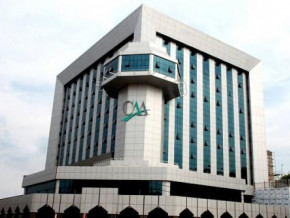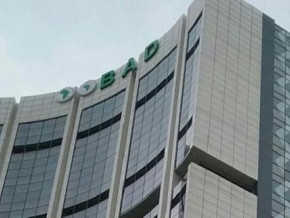
Cameroon: A new tax regime to become applicable in 2022 for non-profit entities
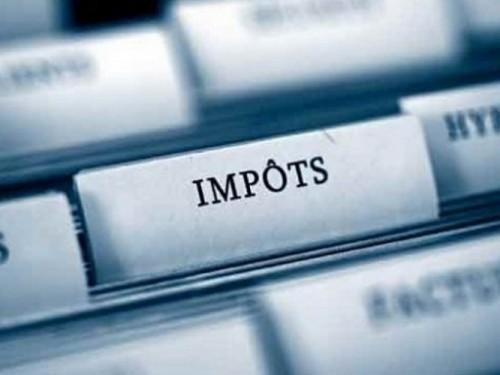
(Business in Cameroon) - Recently in Cameroon, the prospects of a tax the government is supposedly planning to start collecting on the proceeds of rotating saving and credit associations (ROSCAs) in 2022 has become the subject of public debates. It all started with a project introduced in the 2022 draft bill for the amendment of Article 93 of the General Tax Code. This amendment was providing for a third tax regime, namely the taxation on non-profit organizations or ‘régime des organismes à but non lucratif ’ in French.
In the amendment project approved by the parliament, non-profit organizations are considered: public, private, or religious entities that have legal personality or not. Their operations must not be aimed at generating profits to be distributed to members. Their operations must also not compete with that of profit-making entities. Those non-profit entities include notably, associations, mutuals, clubs, and private circles.
From this point of view, we can indeed confirm that the 2022 Finance Bill adopted by Parliament introduces the legal possibility for tax authorities to levy taxes on ROSCAs. Indeed, those associations define themselves as being associations, by law or by facts, of persons who come together to gather their savings. Usually, depending on the terms agreed upon, a party may collect the amount gathered.
The purpose of ROSCAs is usually to help participants save enough financial resources for a project. However, it sometimes goes beyond that save and collect practice. Some ROSCAs perform financial services like loans and even collective investments.
In the new amendment, they have their tax regime, they will not pay direct taxes, corporate tax, or property tax. Instead, like other non-profit entities, they will pay registration fees, capital gain taxes, and various withholding taxes applicable to taxpayers.
Only profits will be taxed
Several ROSCAs engage in lending activities, which are more like money investments that generate profits. Those profits are capital gains, taxable if they were under other tax regimes. The new text provides that non-profit entities (ROSCAs included) that carry out commercial activities will pay a 15% income tax plus an additional 10% of communal tax.
This taxation scheme is very different from the one applicable to commercial entities. To come to such a regime, the main factor taken into account is surely the funding models implemented by ROSCAs. Indeed, under the non-profit tag, ROSCAs have become alternate funding means, which are sometimes more expensive than usual means. Indeed, the funds contributed by members are sometimes lent at a 20% interest rate (it is even higher sometimes), well above the 17% interest rate applied by banks. Yet, they do not have large operating expenses. So, they record outstanding profits but the use of the profits is known by just a few members of the association.
Opponents to that tax claim the amendment introduces double taxation since a tax would have already been levied on the amount contributed. But, according to the provisions of that amendment, the contributions will become taxable only when they start generating revenues or profits. Once they are invested in a profit-generating activity or an asset, the revenues generated will be taxable.
Part of the public sees the tax as exclusively targeted towards ROSCAs but this is not the case. It applies to all the non-profit entities whose assets generate additional income or profit either because of an investment or asset reevaluation. Only the additional income or profit is taxable per the new regime.
Mags frontpage
- Most read 7 days
- shared 1 month
- read 1 month



